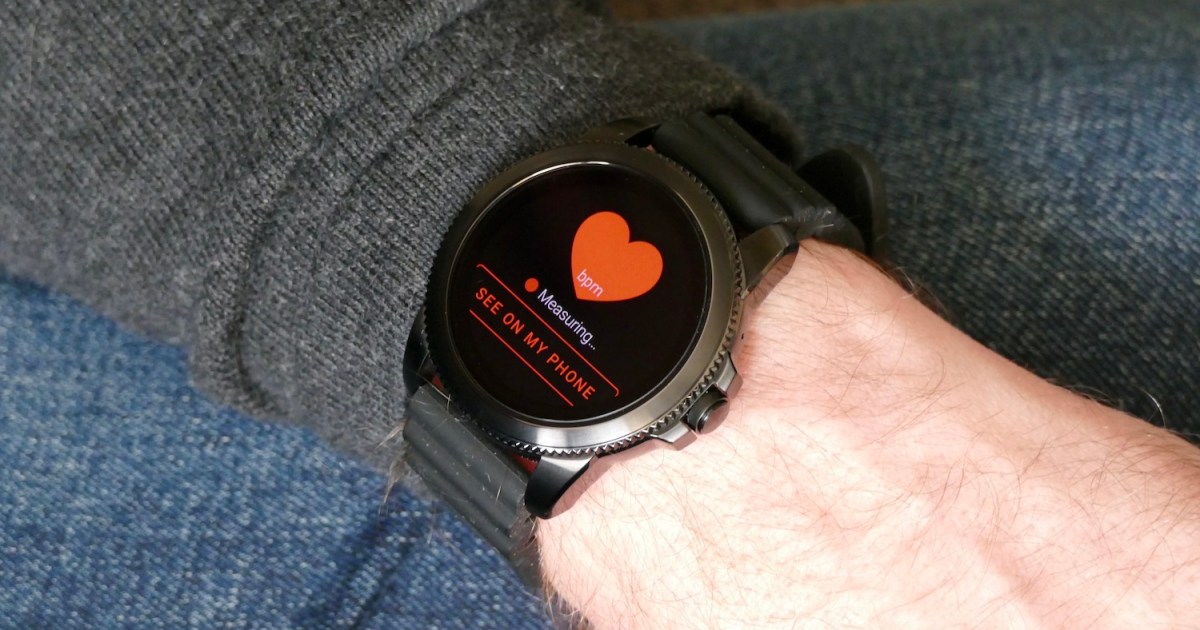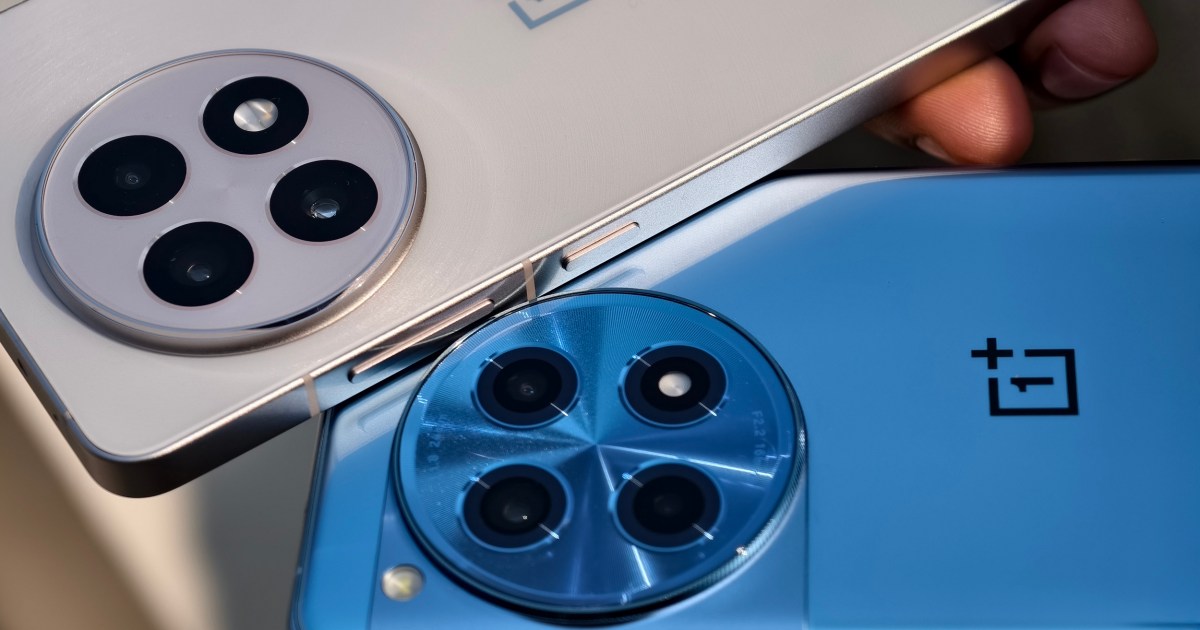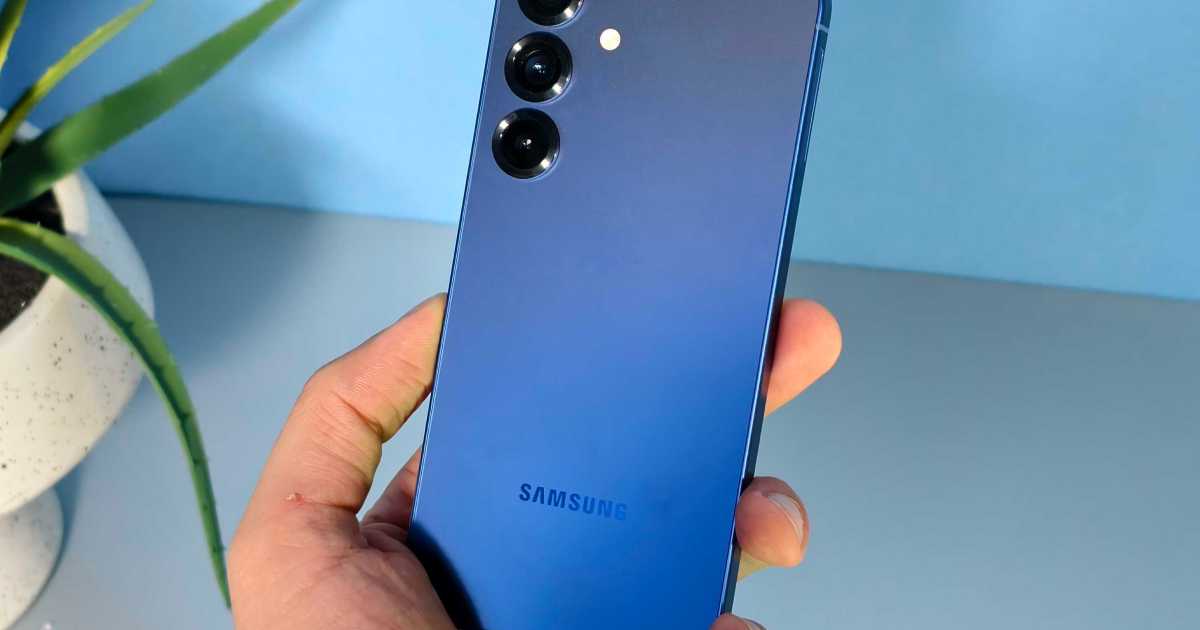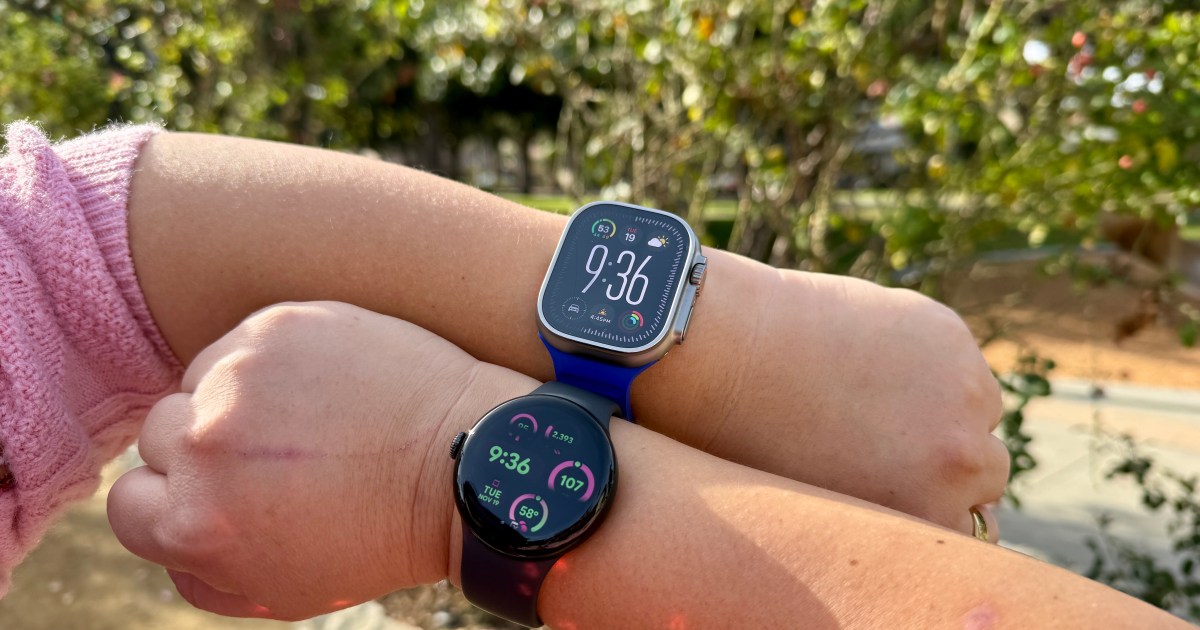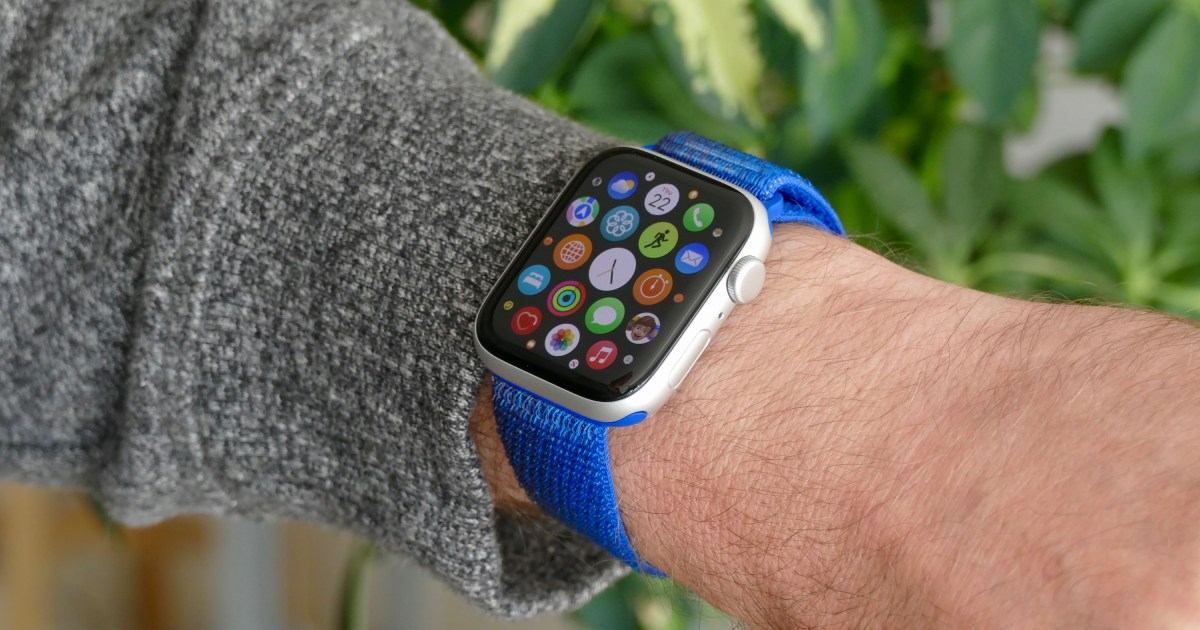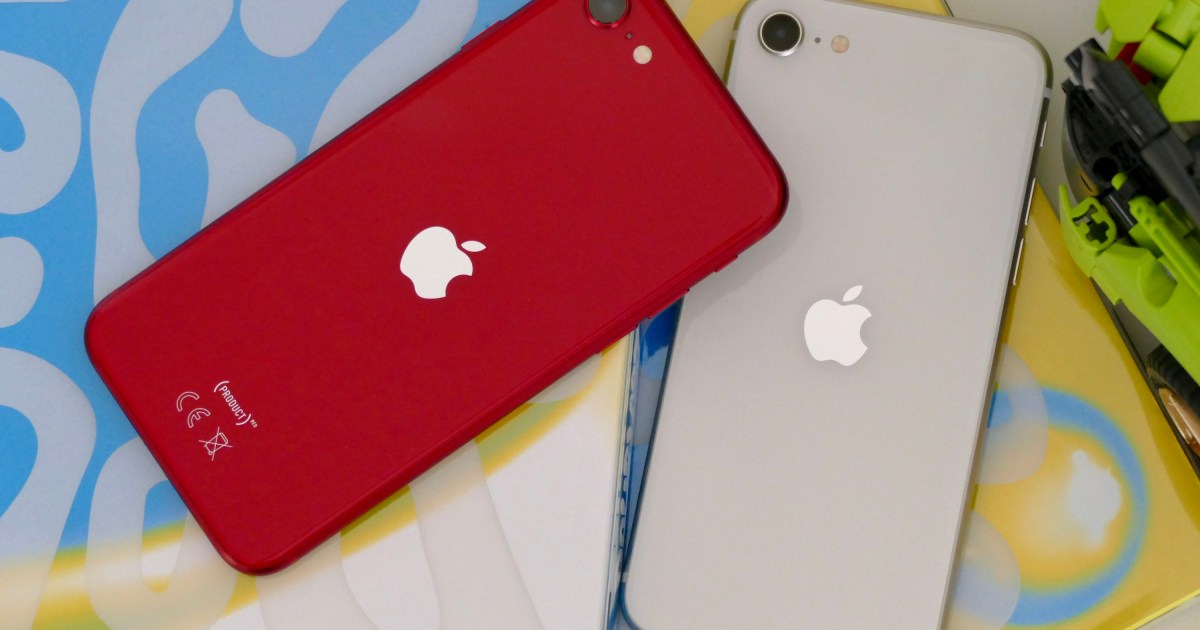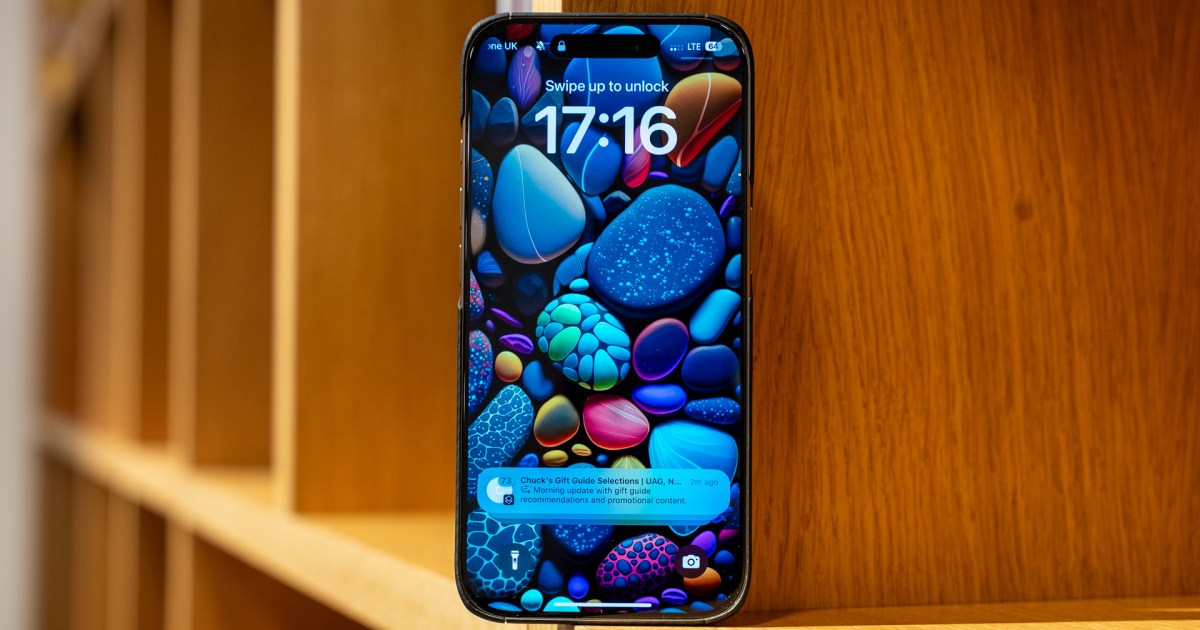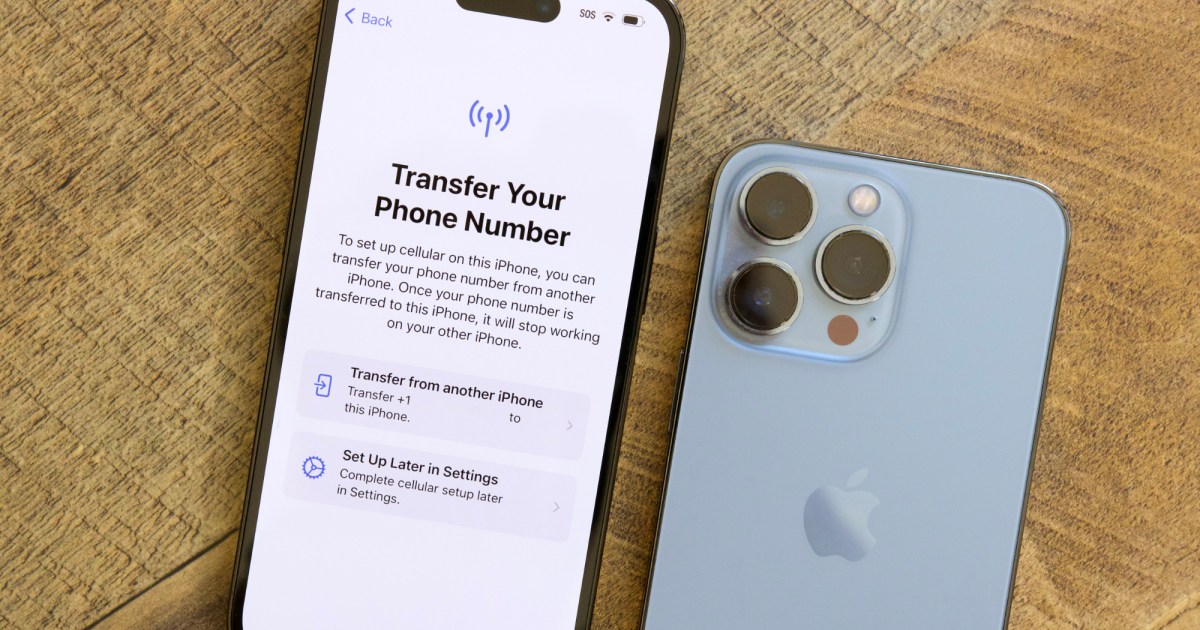The medical community is increasingly recognizing the potential of wearable technology, particularly smartwatches, for health monitoring and disease prediction. A recent study published in the Cell Journal by researchers at the University of Barcelona highlights the groundbreaking use of smartwatches to detect psychological disorders using biomarkers, potentially revolutionizing psychiatric diagnosis and treatment.
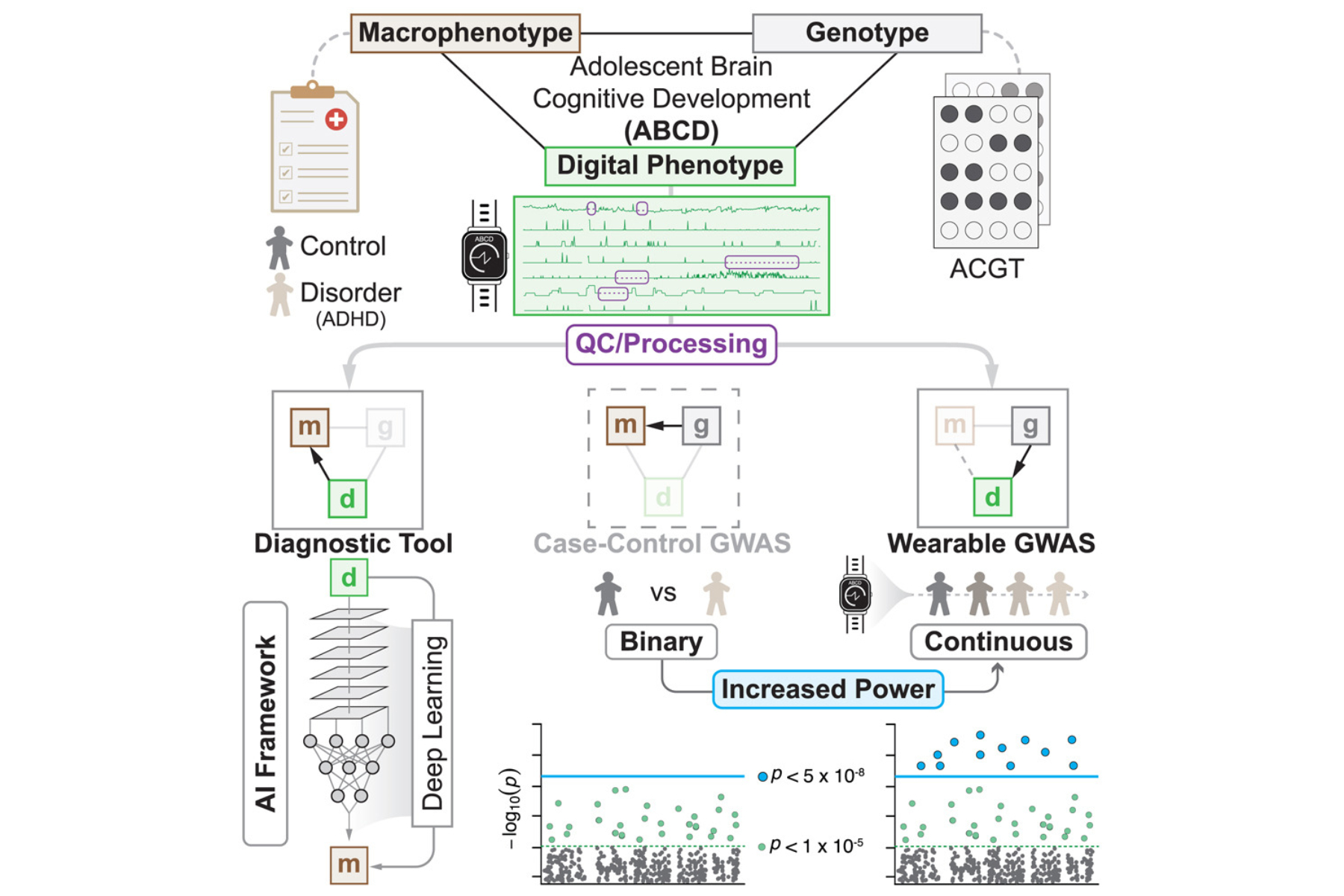 Using clinical, digital, and genetic data of the ABCD cohort to improve characterization of psychiatric disorders.
Using clinical, digital, and genetic data of the ABCD cohort to improve characterization of psychiatric disorders.
Researchers leveraged continuous monitoring data from smartwatches to identify 16 significant genetic loci and 37 psychiatric-associated genes. This innovative approach analyzed the interplay between genetics and smartwatch-derived measurements, opening new avenues for understanding and addressing mental health.
AI-Powered Digital Phenotypes
The study involved over 5,000 participants aged 9-14 who wore Fitbit smartwatches. An AI model was trained using physiological data collected by the smartwatch sensors, including heart rate, calories burned, steps taken, workout intensity, and sleep patterns. This data was used to create digital phenotypes – a collection of observable traits in digital format.
These digital phenotypes offer a novel approach to predicting and diagnosing psychiatric illnesses, bypassing the need for traditional in-person consultations with specialists. More significantly, this wearable-based method establishes a connection between the genetic underpinnings of these disorders and observable physiological data.
Linking Physiological Data and Genetics
The key challenge lies in developing a reliable system capable of processing the vast amount of data generated by smartwatches and drawing accurate conclusions. Researchers believe that the sensor data provides sufficient detail about physical and behavioral patterns to link them to psychiatric illnesses with high reliability.
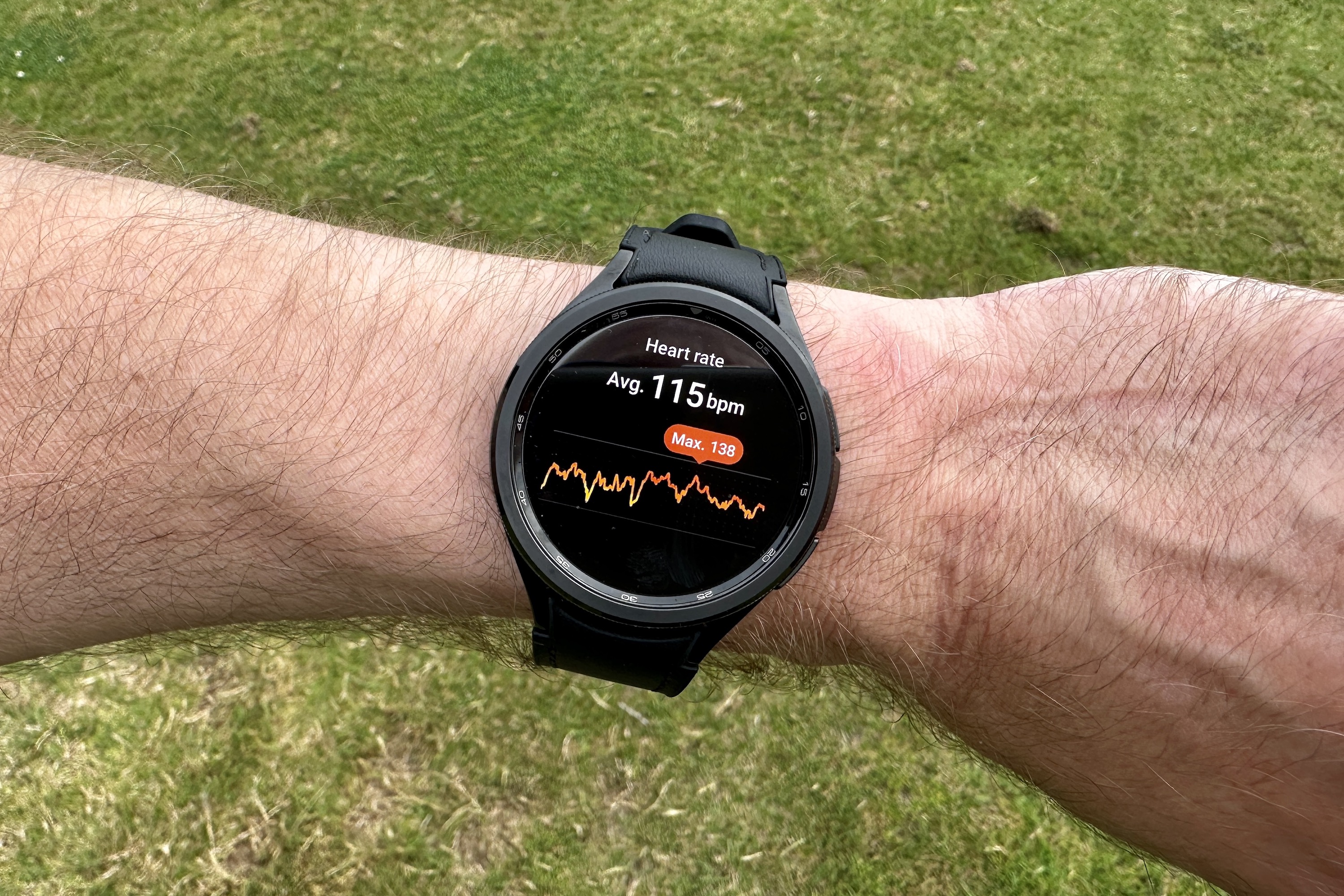 Heart rate zones after a workout on the Samsung Galaxy Watch 6 Classic.
Heart rate zones after a workout on the Samsung Galaxy Watch 6 Classic.
The study revealed that different physiological data points have varying relevance for specific conditions. For instance, sleep analysis emerged as a critical factor for diagnosing anxiety, while heart rate was more valuable for predicting developmental behavioral issues like ADHD. This suggests the potential for tailored diagnostic approaches based on specific physiological markers.
A Paradigm Shift in Psychiatry
This research represents a pivotal moment in psychiatric care, marking the first time that digital phenotype data from smartwatch monitoring has been linked to psychiatric illnesses and genetic profiles. This shift moves beyond traditional behavioral analysis and embraces biomarkers and physiological data as crucial diagnostic tools.
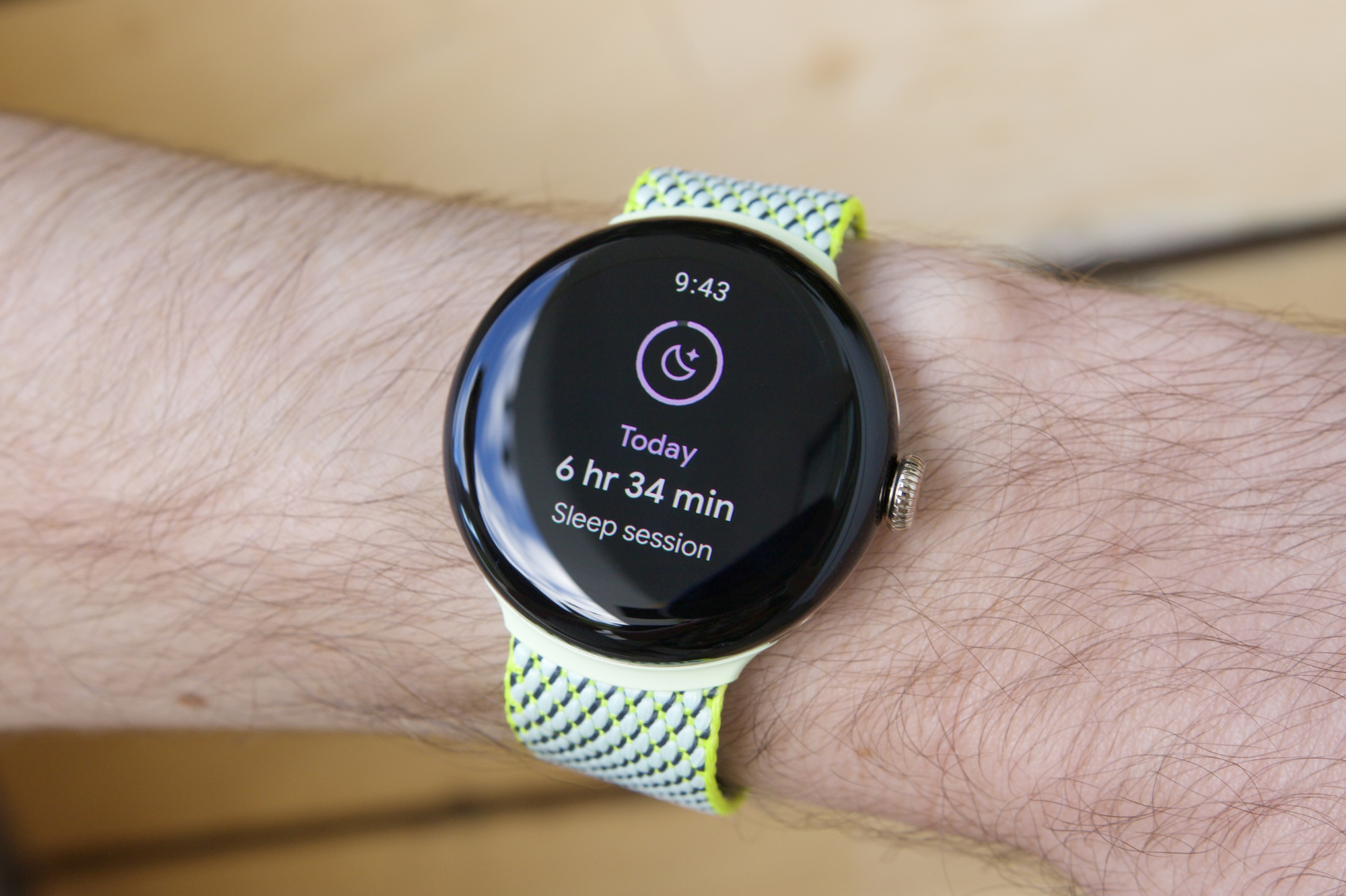 Sleep tracking data on the Google Pixel Watch 2.
Sleep tracking data on the Google Pixel Watch 2.
The ability to connect real-time physiological data with genetic predispositions holds immense promise for personalized medicine. Smartwatches, with their capacity to collect diverse physiological data, are poised to become integral tools in this new era of psychiatric care.
Enhanced Diagnostic Accuracy and Treatment
The research team concludes that processed biomarker data from smartwatches can improve the accuracy of patient categorization across different diagnostic tiers, ultimately enhancing the quality of treatment. This data-driven approach could lead to earlier interventions, more targeted therapies, and improved outcomes for individuals struggling with mental health challenges. The widespread availability of smartwatches and other wearable devices further strengthens the potential for broad implementation of this innovative approach to psychiatric care.



